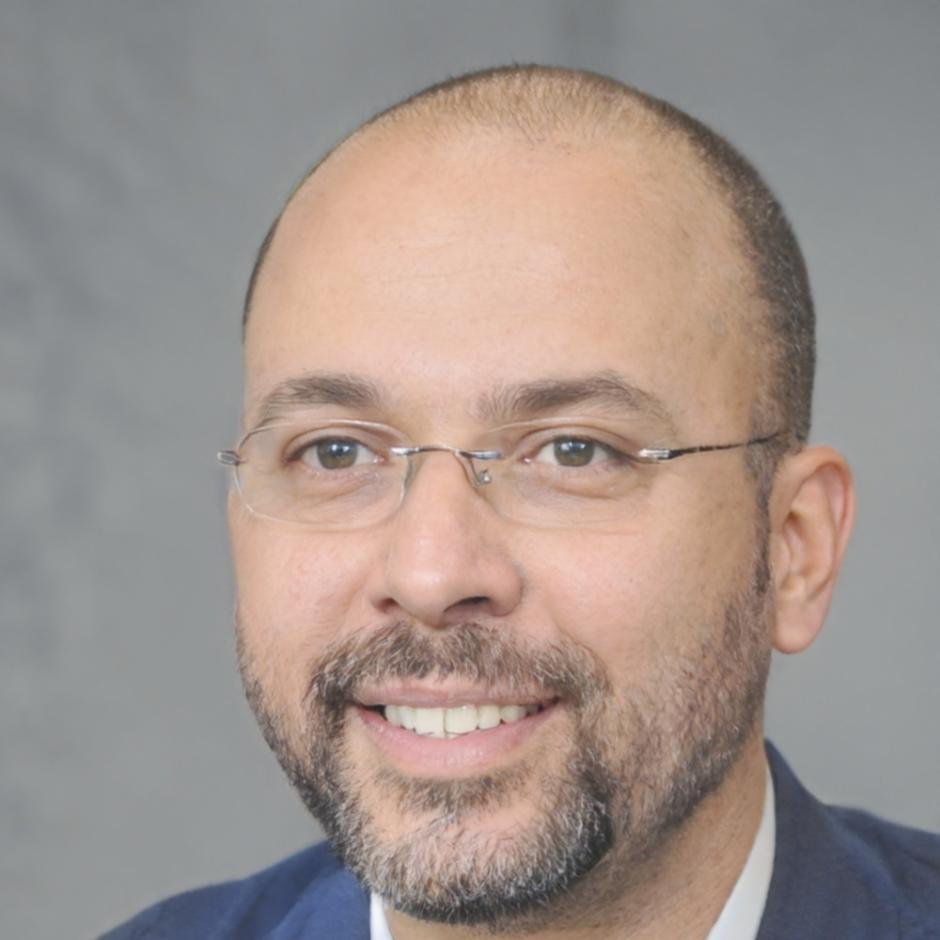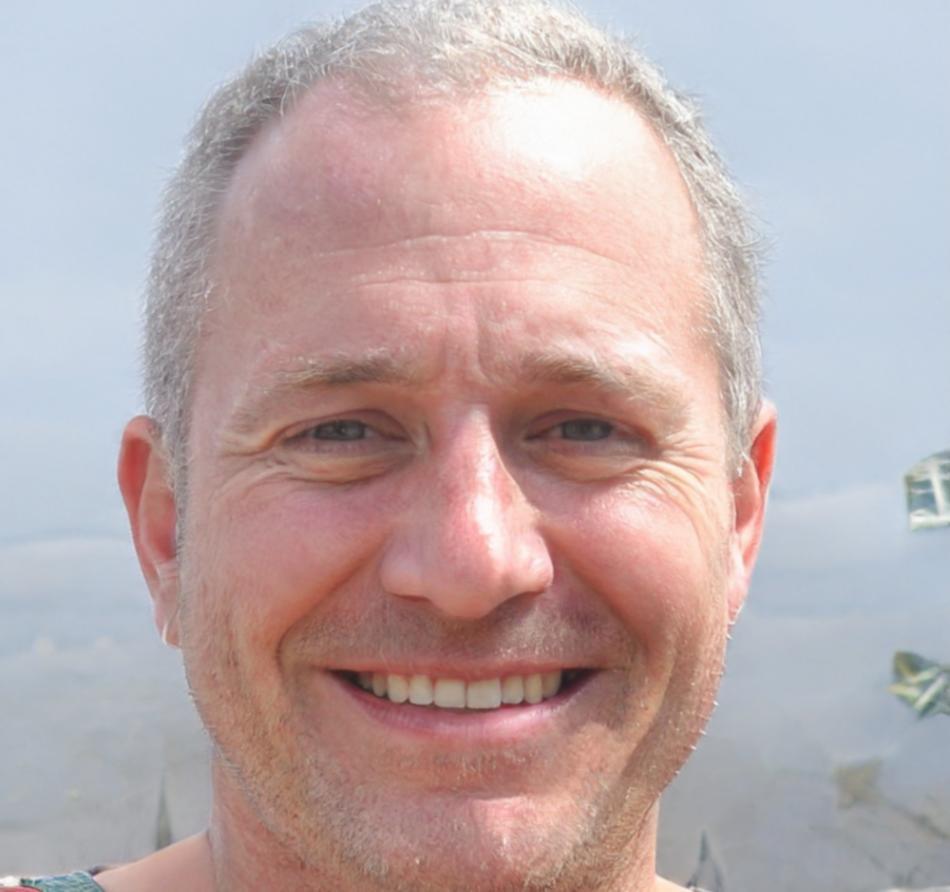How We Got Here
Three years ago, a small textile business owner in Vinh Phuc asked us a simple question: "Why does every financial advisor speak a different language?" She had profit projections from three consultants that contradicted each other completely.
That conversation stuck with us. The problem wasn't the numbers — it was how they were explained. Or rather, not explained. Most economic planning resources either dummed things down to the point of uselessness or used jargon that required a finance degree to decode.
We thought there had to be a middle path. A way to teach economic concepts that respected people's intelligence while acknowledging they have businesses to run and lives to live.
So we built pulsebrainhub around one principle: if you can't explain a financial concept clearly enough for someone to apply it tomorrow, you don't understand it well enough yourself.





